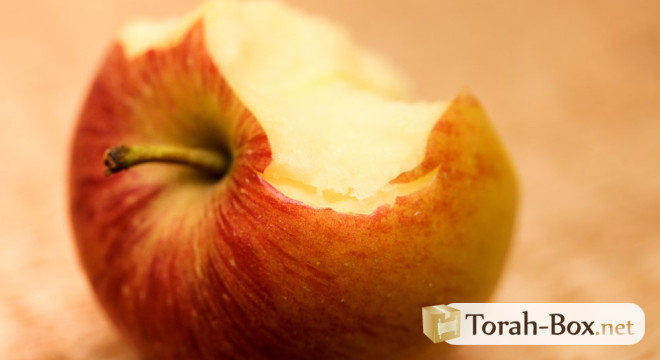
Women
Chava: A Controversial Heroine
As Daughters of Israel, we are used to admiring all the accomplishments and sacrifices of the women of the Tanakh. But, how is it possible to admire the actions of the one who seems to be at the origin of all the inconveniences women are still experiencing today? How can we possibly take her as an example for all that women endure and will endure until the coming of the Mashiach is ultimately down to her? This woman, as you’ve all guessed, is Chava. Her story can possibly lead today’s women to think that Chava does not deserve any praises. However, by looking closely at all of her punishments, one can detect special blessings dwelling into each of them. Her intentions may not be as bad as they can appear from afar.
Let’s first analyse the episode of Chava’s misconduct.
G-d had forbidden Adam and his wife from eating from the tree or they would die (Bereshit 3,2 & 3,3). The Satan, however, made sure this particular order was transgressed a few hours before Shabbat. He manipulated Chava and tricked her into touching the tree just as Adam had suggested, won’t make her die:
The snake told Chava: “No, you will not die; G-d knows from the day you will eat from the tree, your eyes will be opened and you will be like G-d knowing Good and Evil.” (Bereshit 3,4 & 3,5)
Upon hearing those convincing words, Chava gave in and tasted the forbidden fruit;
“The woman saw the tree was good for food, a pleasure for the eyes and very precious to become wise; she picked the fruit and ate it, then give it to her spouse who ate it as well” (Bereshit 3,6).
After Chava had faulted, G-d punished the couple and gave them their respected punishments. The most important one for Chava was: “I will greatly increase your pain in pregnancy and childbirth; your passion will tie you to your husband and he will rule over you” (Bereshit 3,16).
This episode of Bereshit is both fascinating and disturbing. In addition, it can easily be misinterpreted and portray a very erroneous vision of the original fault. This chapter may be the most famous one of the entire Torah but may also be the most misunderstood one.
First of all, it’s crucial to understand the first woman had a spiritual capacity higher than the angels and was as well a gifted prophet. (The Moon’s Lost Light, Devorah Fatsag). When Adam and Chava were created, they did not know evil. It was not embodied within themselves. Evil was solely coming from the snake. However, if Chava was tempted to eat from the tree, how is it possible then that the Yetzer Hara was not already ingrained within herself? The Torah reveals that Adam and Chava were already planning on eating from the tree. They thought, they could serve G-d better if the evil was within themselves, as they would get closer to G-d by trying to overcome their evil sides (Michtav Me-Eliyahu, Rav Dessler). Men are imperfect and only G-d knows what truly is best for them.
Furthermore, Chava’s misconduct and its consequences seem to have only negative outcomes for women but it actually allows them to perform an incredible tikun (reparation) in this world. Pregnancy, childbirth and raising children represent very difficult challenges, nevertheless only those ones actually give women the opportunity to grow. The perfect union with their husbands, raising families and building strong homes are ways for women to fulfill their mission in this world. It’s only when going through hard times that one turns to the Master of the Universe and prays to Him with a full heart. What may seems at first glance as Chava’s harsh punishments, are actually extraordinary blessings. They allow Jewish women to be real Keli (receptacle) for Hashem in this world.
We should all have the case of Chava in mind and keep a positive outlook on life. It is good in all situations. Hashem, in His great generosity, only desires what is good for us and our growth towards Him.
Let’s pray for Hashem to end the suffering of the Jewish women and of Am Yisrael by bringing the Geulah.
Torah-Box.net Account
To access the entire Torah-Box.net website, sign up for free in less than a minute.
Weekly Parsha
 Candle Lighting - New York
Candle Lighting - New York
Friday January 9th, 2026 at 16:28 *Shabbat ends at 17:33 *
change my location
* Times given as an indication, check the times of your community








